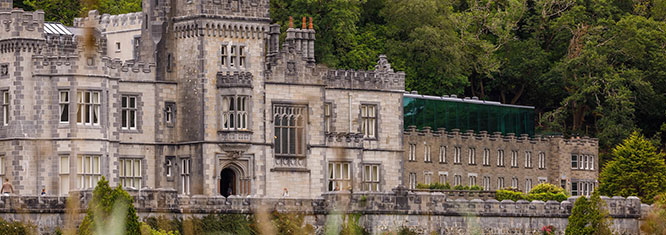Abstract Title
A Proposal: Catholic Education as ‘The Making of Disciples’
Abstract
This short paper will consider Catholic Education in practice as ‘the making of disciples.’ It will address some of the challenges involved in advancing this notion, with particular reference to the current Irish situation. All the evidence shows that Catholic Education within the Irish school system of recent decades has largely failed in its task of ‘making disciples’. Two recent national referenda revealed huge majorities of people, self-identified as Catholic Christians, who voted for abortion and same-sex marriage. Schools, at both primary and secondary levels, with some notable exceptions, and parents too, are increasingly failing to educate young people in the practice and knowledge of what it means to be a follower of Jesus in today’s world. Government policy, by and large, is hostile to Christianity and particularly to Catholic Christianity. A secular model of education is promoted as the only viable model worthy of state funding. Little account is taken of the wishes of Catholic parents (first and primary educators of their children) or of their rights as taxpayers. It is fair to say that, in some instances, the Catholic population in our schools is penalised.[1] Examples can be provided of anti-Catholic bias built into official Government Programmes such as the Forum on Patronage and Pluralism, and the Provision of Sex Education Bill (2019) and some NCCA directives. This is Ireland 2020! Is there a way forward? Have we anything to learn from trailblazers in Penal times who, against all odds and against the prevailing government policies of their time, forged a path that opened up the rich possibilities of Catholic Education for their generation and for others to follow? Is it time for a fresh approach?
[1] Example: In the Education (Admission to Schools) Act 2018, which will apply to all primary schools in the state from September 2020, schools established under a particular religious patronage, say Jewish, or Protestant, or Muslim, can favour children of their particular faith in their admissions policy. There is one exception: Catholicism may not do so.
A Proposal: Catholic Education as ‘The Making of Disciples’
This short paper will consider Catholic Education in practice as ‘the making of disciples.’ It will address some of the challenges involved in advancing this notion, with particular reference to the current Irish situation. All the evidence shows that Catholic Education within the Irish school system of recent decades has largely failed in its task of ‘making disciples’. Two recent national referenda revealed huge majorities of people, self-identified as Catholic Christians, who voted for abortion and same-sex marriage. Schools, at both primary and secondary levels, with some notable exceptions, and parents too, are increasingly failing to educate young people in the practice and knowledge of what it means to be a follower of Jesus in today’s world. Government policy, by and large, is hostile to Christianity and particularly to Catholic Christianity. A secular model of education is promoted as the only viable model worthy of state funding. Little account is taken of the wishes of Catholic parents (first and primary educators of their children) or of their rights as taxpayers. It is fair to say that, in some instances, the Catholic population in our schools is penalised.[1] Examples can be provided of anti-Catholic bias built into official Government Programmes such as the Forum on Patronage and Pluralism, and the Provision of Sex Education Bill (2019) and some NCCA directives. This is Ireland 2020! Is there a way forward? Have we anything to learn from trailblazers in Penal times who, against all odds and against the prevailing government policies of their time, forged a path that opened up the rich possibilities of Catholic Education for their generation and for others to follow? Is it time for a fresh approach?
[1] Example: In the Education (Admission to Schools) Act 2018, which will apply to all primary schools in the state from September 2020, schools established under a particular religious patronage, say Jewish, or Protestant, or Muslim, can favour children of their particular faith in their admissions policy. There is one exception: Catholicism may not do so.


